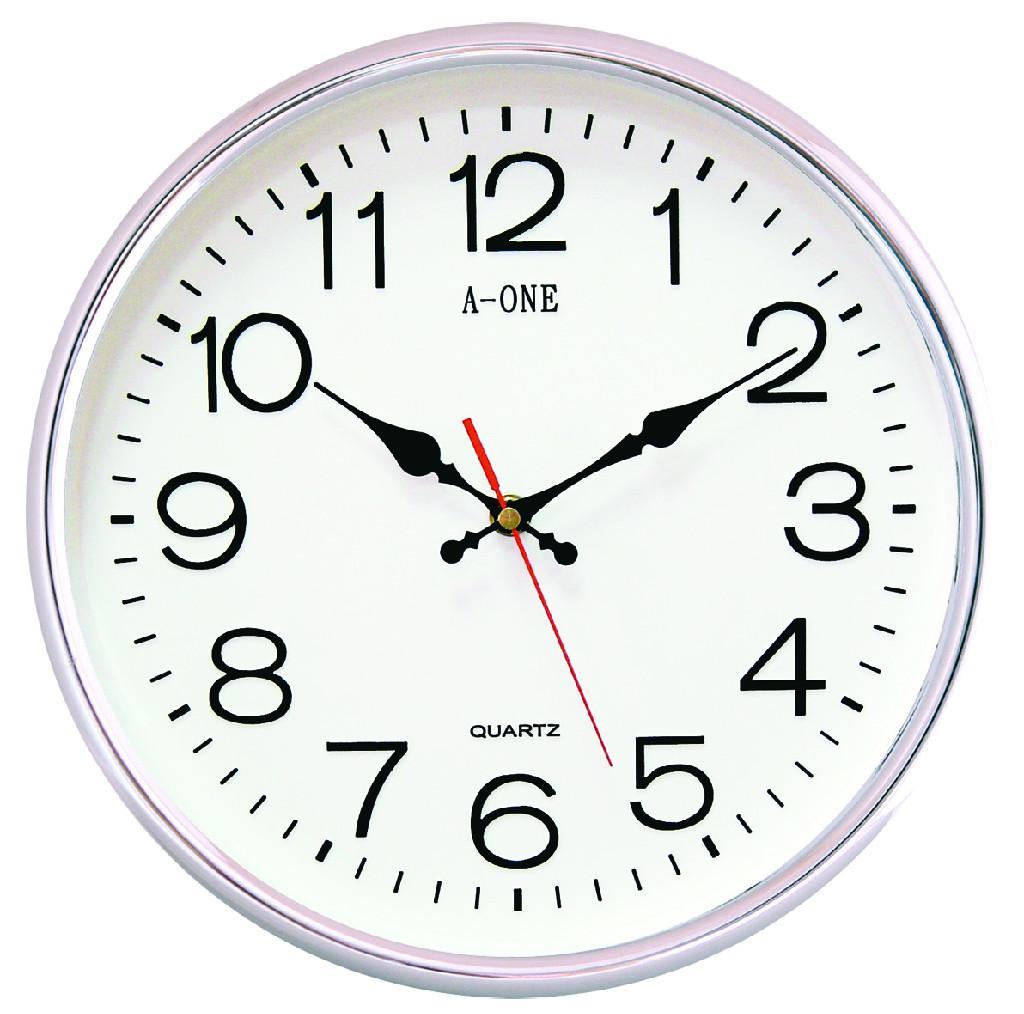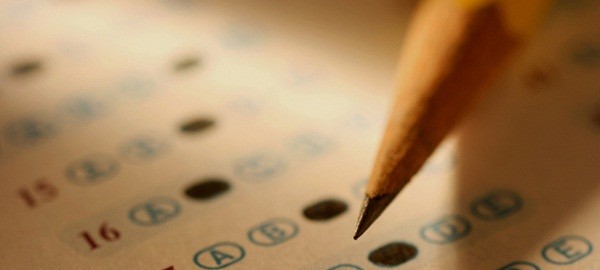Smart Guessing in JEE: Debunking the Myth Forever!
Sadly, the Santa Claus does not exist. To make children happy, parents may buy kids a few gifts on Christmas at times or even dress like ‘Santa’ but that does not make our dear Father Nicholas come alive. Similarly, ‘smart guessing’ in the Joint Entrance Examination (JEE) may score you marks for 4-5 questions at the most but it does not have the ability to take you beyond it.
Pros of Smart Guessing
Good for Narrowing down Options
 Smart guessing techniques help you narrow down your choices to help you match the correct answer to the question quickly. Alternatives with extreme values (lowest or largest values) are usually wrong. Similarly, you can ignore options that might be correct but not related to what the question is asking for.
Smart guessing techniques help you narrow down your choices to help you match the correct answer to the question quickly. Alternatives with extreme values (lowest or largest values) are usually wrong. Similarly, you can ignore options that might be correct but not related to what the question is asking for.
Dimensional analysis can be of great help in narrowing down your choices. If the question is asking for force being exerted on a particular particle, you only need to consider options that have units of force succeeding the given values. This is particularly useful when you are trying to use ‘reverse’ method of solving a question – by looking at the answers and then, trying to point out which one can be the correct one.
Using Information Given in Other Questions
 Many-a-times, information related to solve a question is given elsewhere in the JEE paper. For example, a Chemistry question may have information that may help you in solving a Physics question. If you read your questions carefully, you will be able to tap such information and be able to solve more questions than you already know.
Many-a-times, information related to solve a question is given elsewhere in the JEE paper. For example, a Chemistry question may have information that may help you in solving a Physics question. If you read your questions carefully, you will be able to tap such information and be able to solve more questions than you already know.
Save Time
If two or more options look similar with just one minor difference, chances are that one of them will be correct. Similarly, if three out of four alternatives work on a single concept to solve a question and the fourth one uses another concept, then 99% of the time, the fourth option will be incorrect.
Most of the JEE questions are within specified syllabus. There is hardly a chance that out-of-the-syllabus concepts are questioned in the JEE exam. So, if you are not able to solve a question, try to revise through basics and you may be able to find a way to reach the correct option.
Guessing Accuracy
 There are two types of Guessing - Meta Guessing, and Educated Guessing. Meta guessing is where you do not look at the question and just look at the choices to guess which might be the correct one. Educated guessing is reading a question and using the given information to eliminate a few alternatives.
There are two types of Guessing - Meta Guessing, and Educated Guessing. Meta guessing is where you do not look at the question and just look at the choices to guess which might be the correct one. Educated guessing is reading a question and using the given information to eliminate a few alternatives.
While meta-guessing is not of much use to serious JEE aspirants, making educated guesses can be really helpful when you are done with questions for which you know answers for sure. To increase your guessing accuracy, employ the smart guessing techniques you have learnt when you solve mock JEE tests, sample papers and previous year JEE Main and JEE Advanced papers too. Smart guessing does not mean that you rely only on your luck to make it to the IIT. It is about making the best of the knowledge you have to solve questions that you find more difficult than your current level of JEE preparation.
Cons of Smart Guessing
Smart Guessing is Harder than Studying
 Smart Guessing techniques need more brains than actually studying a concept and learning how to solve problems related to it. If you are intelligent enough to make smart guesses using short cuts, tips and tricks, you are certainly intelligent enough to actually study and solve questions. Check out our popular blog article ’15 tips to Cheat at MCQs’.
Smart Guessing techniques need more brains than actually studying a concept and learning how to solve problems related to it. If you are intelligent enough to make smart guesses using short cuts, tips and tricks, you are certainly intelligent enough to actually study and solve questions. Check out our popular blog article ’15 tips to Cheat at MCQs’.
Guessing Techniques are More Time Consuming
 Take any past year IIT JEE paper and try just the smart guessing techniques to find correct option for each and every question. You will soon realize that even ‘smart guessing’ requires in-depth knowledge of the topic, a lot of hard work and even more practice. In fact, if you try to smart guess an answer, you will have to consider more round-about ways of reaching an answer rather than solving it and peg the correct answer directly. It is more time-consuming and more confusing.
Take any past year IIT JEE paper and try just the smart guessing techniques to find correct option for each and every question. You will soon realize that even ‘smart guessing’ requires in-depth knowledge of the topic, a lot of hard work and even more practice. In fact, if you try to smart guess an answer, you will have to consider more round-about ways of reaching an answer rather than solving it and peg the correct answer directly. It is more time-consuming and more confusing.
IIT JEE Questions are beyond the Level of Guessing
Smart Guessing is nothing else but Probability Analysis. Even if you are a Master of Probability, you will probably be able to solve not more than 4-5 questions per subject using all the ‘smart guessing’ techniques you can ever lay your hands on. The truth is that while smart guessing might be helpful for you in JEE Mains but in JEE Advanced, questions are more technical and need more conceptual understanding.
Negative Marking
 JEE Main 2015 will have 30 questions each for Physics, Chemistry and Maths. Each question will carry 4 marks. For each incorrect answer, -1 mark will be deducted from the total score of the student. These penalty scores are incorporated just to discourage students from taking too many guesses.
JEE Main 2015 will have 30 questions each for Physics, Chemistry and Maths. Each question will carry 4 marks. For each incorrect answer, -1 mark will be deducted from the total score of the student. These penalty scores are incorporated just to discourage students from taking too many guesses.
Anatomy of a MCQ
Each multiple-choice question has a ‘stem’, which sets the premise of the question. Then come options or ‘alternatives’ (from which a student has to select the ‘key alternative’ or the correct answer). Often, examiners throw in a 'distracter' or two in the MCQs, which are incorrect options designed especially to confuse students who are just doing guess work. If you are relying purely on 'guessing' methods, there are high chances that you will mark a distracter and lose marks. You may do guess work when you have finished solving the question paper for a few questions but you cannot really smart guess the entire paper.
View courses by askIITians


Design classes One-on-One in your own way with Top IITians/Medical Professionals
Click Here Know More

Complete Self Study Package designed by Industry Leading Experts
Click Here Know More

Live 1-1 coding classes to unleash the Creator in your Child
Click Here Know More
